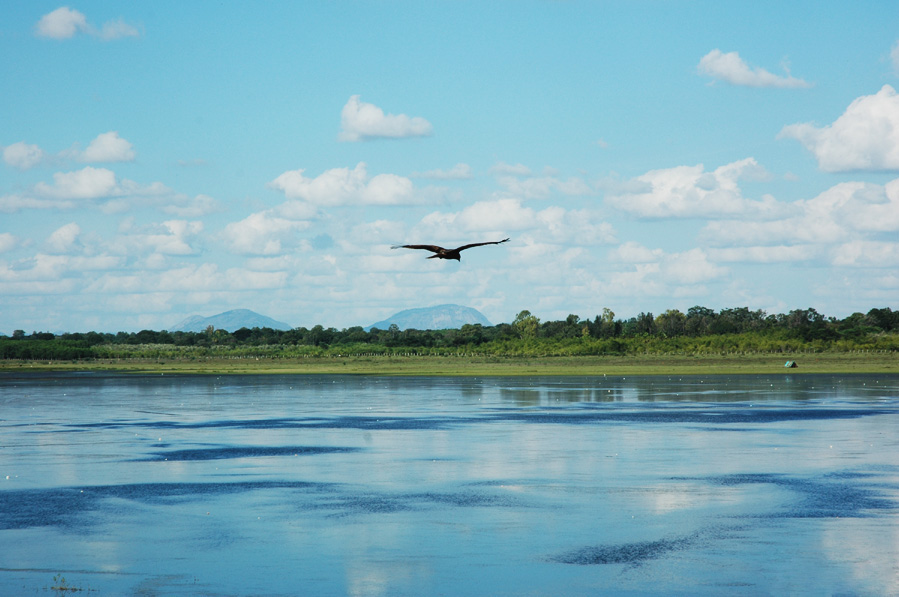|
Sarekoppa Bangarappa
Sarekoppa Bangarappa (26 October 1933 – 26 December 2011) was an Indian politician who was the 12th Chief Minister of Karnataka from 1990 to 1992. He served as a Member of the Legislative Assembly for Karnataka between 1967 and 1996, before contesting a series of six elections for the Lok Sabha from 1996 to 2009, of which he lost two. He founded both the Karnataka Vikas Party and the Karnataka Congress Party during a 44-year career in which his supporters called him ''Solillada Saradara'' (a leader who cannot be defeated). As well as these two parties, Bangarappa was at various times a member of the Indian National Congress, the Bharatiya Janata Party, the Samajwadi Party and Janata Dal (Secular), and his critics described him as a party-hopper because of this. Early life Bangarappa was born on 26 October 1933 in Kubatur village, Soraba Taluk, Shimoga district, Karnataka. He married Shakuntala in 1958 and the couple had five children, including the actor Kumar Bangarap ... [...More Info...] [...Related Items...] OR: [Wikipedia] [Google] [Baidu] |
Bengaluru
Bangalore (), officially Bengaluru (), is the capital and largest city of the Indian state of Karnataka. It has a population of more than and a metropolitan population of around , making it the third most populous city and fifth most populous urban agglomeration in India, as well as the largest city in South India, and the 27th largest city in the world. Located on the Deccan Plateau, at a height of over above sea level, Bangalore has a pleasant climate throughout the year, with its parks and green spaces earning it the reputation as the "Garden City" of India. Its elevation is the highest among the major cities of India. An aerospace, heavy engineering and electronics hub since the 1960s, Bangalore is widely regarded as the "Silicon Valley of India" because of its role as the nation's leading information technology (IT) exporter.——— In the Ease of Living Index 2020 (published by the Ministry of Housing and Urban Affairs), it was ranked the most livable Indi ... [...More Info...] [...Related Items...] OR: [Wikipedia] [Google] [Baidu] |
